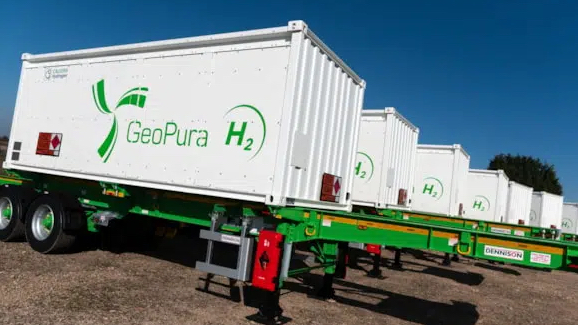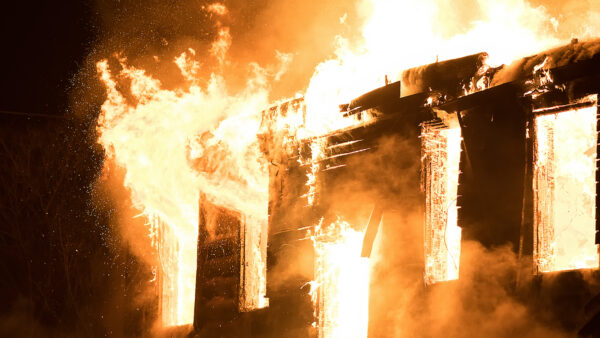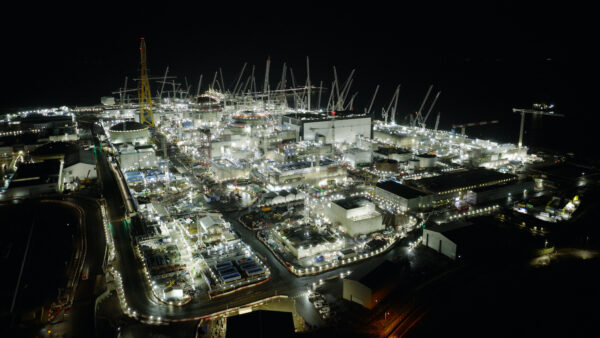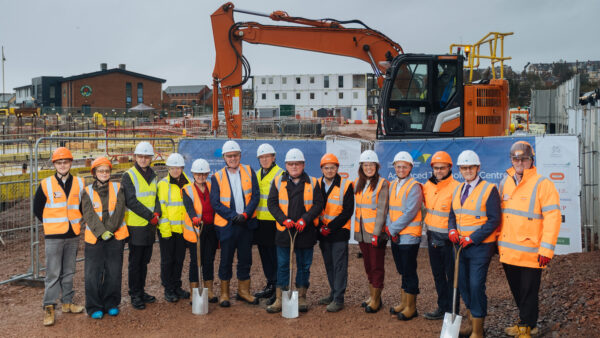Construction industry groups have broadly welcomed the highly critical interim report of the post-Grenfell review of Building Regulations and fire safety, describing it as a positive first step towards addressing “a multitude of failings” and “much-needed cultural change”.
Dame Judith Hackitt, who was commissioned to lead the review following June’s tragic west London fire, slammed the “complexity” of the current building regulations system in a report to MPs yesterday.
In the 121-page document, Building a Safer Future, she professed to be “shocked by some of the practices” she had uncovered during the review process, which will require “a cultural and behavioural change”.
Reacting to Hackitt’s report, Suzannah Nichol, chief executive of Build UK, said: “The Independent Review rightly identifies the need for wholesale change across Building Regulations alongside much-needed cultural change within the industry.
“A focus on clarifying roles and responsibilities across a building’s life-cycle, ensuring competence of individuals and examining product testing and marketing reflect the industry’s views.”
The Construction Products Association said it welcomed the interim report, in particular “two overarching issues: the effectiveness of the regulations and regulators; and the culture across the construction industry”.
Peter Caplehorn, CPA deputy chief executive and policy director, said: “Dame Judith’s Independent Review is right to question how the construction sector can address the effectiveness of regulations and regulators. The construction products industry has a vital role to play, leading a culture change – and in Dame Judith’s own words – ensuring products are not only properly tested and certified but also marketed in a way that is easy to interpret.
“We are right to look at the current system for fire safety in buildings and ask if it is fit for purpose. Dame Judith recognises that buildings are not currently inherently unsafe but certain shortcomings need to be addressed that cover the complete spectrum, from project initiation through design, procurement and construction, to occupation and use.”
The initial findings of the Hackitt Review offer a “positive step forward to address a multitude of failings” within the construction industry and among its regulators, according to the Federation of Master Builders (FMB).
Brian Berry, chief executive of the FMB, said: “The Hackitt Review makes clear that there is much for the construction industry and its regulators to address post-Grenfell. In particular, we welcome the acknowledgement that although some safety-critical tradespeople, for example gas engineers, must be registered for different types of work, others do not have such requirements.
“We are also pleased that the Review has recognised that current building regulations and guidance are too complex and unclear.”
Comments
Comments are closed.











Who turned the 111 page 1972 building regs (every one with a ‘shall’ in it) into the current mountain of deemed to satisfy, may, and alternative compliances? And why?
Those are the key questions, and if not answered and addressed, then we will not get change.
The comply by any other means is also open to interpretation . I have a case at present where I am told that a building doesn’t need a new main board because it was built and designed under 16th edition. We are almost on 18th edition. How can we ask our sparks to test to 16th edition. Surely when regs change then any works should be carried out to the current regs. … argument against this is about sheer cost ..eg metal consumer units needed when it wasn’t to long ago it was install plastic boards… and as for a competent person lol